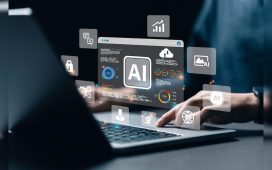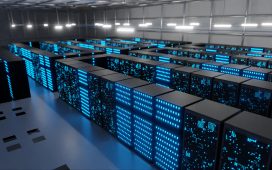The Belfort Center for Science and International Affairs at the Harvard Kennedy School released a report stating that artificial intelligence (AI) has the potential to become a transformative tool akin to nuclear weapons, computers, and biotech security technology. As a result, it is important to include AI in discussions that shape international relations.
The international order consists of two main components: the power structure and balance of major countries and groups of states, and the rules that govern relations between these countries. It is a state of affairs in which countries in the global system should resolve conflicts peacefully according to international rules. This order is characterized by shared rules and regulations, institutions, and jus gentium.
Changes in the international order are typically driven by changes in the international structure. If the current system were to be altered, a new international order would need to be established, which would involve redistributing power and rearranging international institutions.
AI has the potential to impact existing international rules and create a new jus gentium by altering the balance of power and mutual relations between international players. Economically, AI can affect the balance of power between countries by triggering a new cycle of influence and co-management among great powers.
According to various reports, the economic contribution of AI is predicted to reach trillions of US dollars by 2030. This economic transformation is comparable to the impact of other significant technologies throughout history, such as the steam engine, industrial production, and information technology.
The implementation of AI can also lead to changes in the employment structure, with highly repetitive and low-tech jobs gradually disappearing. Additionally, there may be a displacement of jobs worldwide, similar to the shift from agriculture to industry in the early 20th century.
Furthermore, AI will have military implications, potentially changing the balance of power between countries. Military AI is seen as a potential disruptor of traditional warfare, with a shift towards robot-controlled and automated warfare. The form and style of warfare, including combatants, battle concepts, and winning mechanisms, are expected to undergo significant changes under AI conditions.
In conclusion, AI has the potential to impact both the economic and military aspects of the international order. It is crucial to understand and address these implications in order to navigate the changing landscape of international relations.










